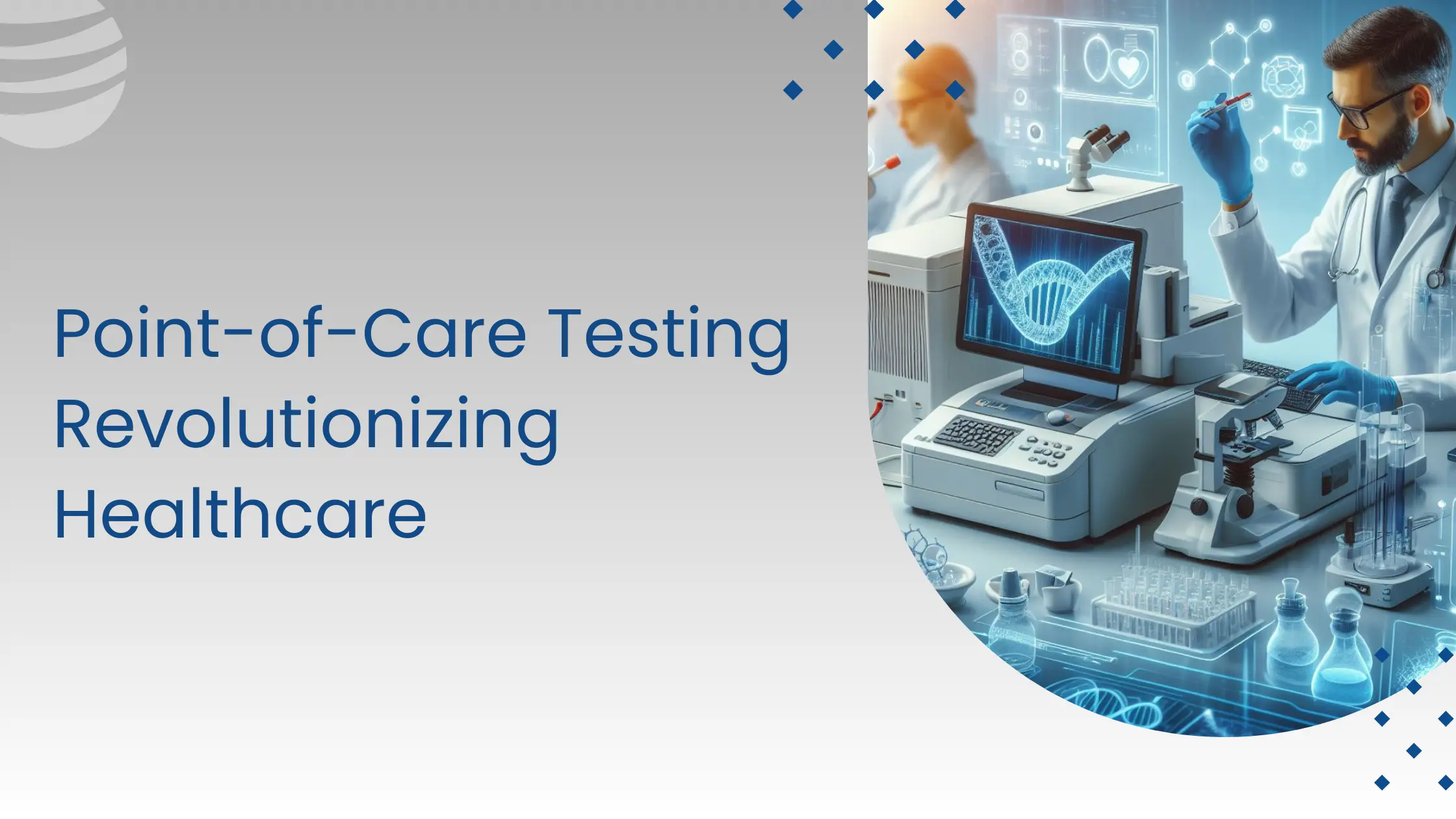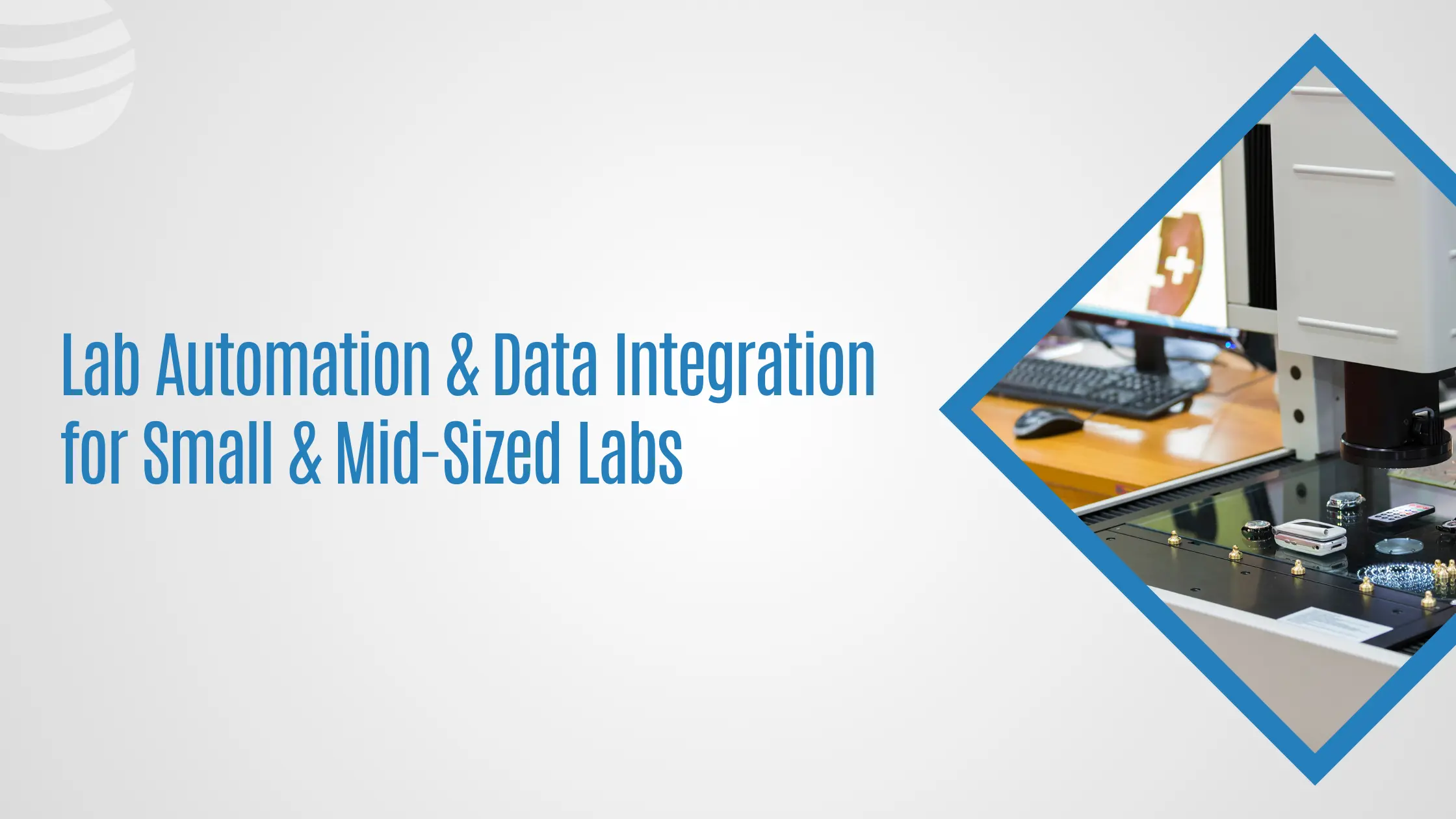

Point-of-Care Testing: Revolutionizing Healthcare
Advancements in technology continually push the boundaries of what’s possible. One such innovation that has been gaining traction is point-of-care testing (POCT). This method involves conducting medical diagnostic tests at or near the site of patient care, rather than sending samples to a laboratory for analysis. This approach holds immense promise in revolutionizing healthcare delivery, improving patient outcomes, and enhancing overall efficiency within the healthcare system.
What is Point-of-Care Testing?
Point-of-care testing refers to medical diagnostic testing performed outside the traditional laboratory setting, usually at or near the patient’s location. This could include a doctor’s office, clinic, or even the patient’s home. The primary objective of POCT is to deliver rapid and accurate test results, enabling healthcare providers to make timely clinical decisions.
Advantages of Point-of-Care Testing
Rapid Results
One of the most significant advantages of POCT is the ability to obtain results quickly. Unlike traditional lab tests that may take hours or even days to process, point-of-care tests can often provide results within minutes. This rapid turnaround time allows healthcare providers to initiate appropriate treatment promptly, leading to better patient outcomes.
Improved Patient Convenience
POCT eliminates the need for patients to travel to a separate laboratory for testing, reducing wait times and inconvenience. This is particularly beneficial for individuals with mobility issues, those living in remote areas, or patients with busy schedules who may find it challenging to visit a lab for testing.
Enhanced Workflow Efficiency
By decentralizing testing and bringing it closer to the point of care, healthcare facilities can streamline their workflow and improve operational efficiency. POCT reduces the burden on centralized laboratories, freeing up resources and personnel to focus on more complex testing procedures.
Better Disease Management
Timely access to test results enables healthcare providers to diagnose conditions earlier and monitor disease progression more effectively. This proactive approach to disease management can lead to better treatment outcomes and reduced healthcare costs in the long run.
Cost-Effectiveness
While the initial investment in point-of-care testing equipment and supplies may seem significant, the long-term cost savings can be substantial. By avoiding unnecessary hospital admissions, minimizing follow-up visits, and optimizing treatment protocols, POCT can help healthcare organizations achieve significant cost efficiencies.
Applications of Point-of-Care Testing
Point-of-care testing has a wide range of applications across various medical specialties. Some common areas where POCT is utilized include:
Emergency Medicine
In emergency medicine, where time is of the essence, POCT plays a pivotal role in triaging patients and initiating appropriate interventions swiftly. Rapid assessment of cardiac markers, coagulation profiles, and blood gases enables clinicians to make informed decisions promptly, improving patient outcomes in critical situations.
Primary Care Settings
Within primary care settings, POCT facilitates the timely diagnosis and management of chronic conditions such as diabetes, hyperlipidemia, and hypertension. Point-of-care devices for glucose monitoring, lipid profiling, and hemoglobin A1c measurements empower primary care providers to monitor disease progression, optimize treatment regimens, and promote patient adherence to therapy.
Infectious Disease Management
The global healthcare landscape has witnessed a paradigm shift in infectious disease management, with POCT emerging as a frontline strategy in combating outbreaks and epidemics. Rapid antigen tests and molecular assays for infectious pathogens enable swift identification of cases, contact tracing, and implementation of infection control measures, thereby containing disease spread and safeguarding public health.
Challenges and Considerations
While point-of-care testing offers numerous benefits, it also presents certain challenges and considerations that must be addressed:
- Quality Assurance: Ensuring the accuracy and reliability of point-of-care test results requires robust quality assurance measures and ongoing proficiency testing.
- Regulatory Compliance: POCT devices and procedures must comply with regulatory standards to safeguard patient safety and ensure the validity of test results.
- Training and Education: Healthcare professionals involved in POCT need adequate training and ongoing education to perform tests accurately and interpret results effectively.
- Data Management: Efficient management of POCT data, including electronic documentation and integration with electronic health records, is essential for seamless patient care and continuity.
Future Directions and Innovations
Technological Advancements
The field of POCT continues to evolve rapidly, driven by technological advancements in miniaturization, automation, and connectivity. Innovations such as lab-on-a-chip platforms, smartphone-based diagnostics, and wearable biosensors hold immense promise in expanding the scope and accessibility of point-of-care testing across diverse healthcare settings.
Personalized Medicine
As precision medicine gains traction, POCT is poised to play a pivotal role in personalized medicine, tailoring diagnostic and therapeutic interventions to individual patient profiles. By integrating genetic, molecular, and clinical data in real-time, point-of-care diagnostics empower clinicians to deliver targeted therapies, optimize treatment efficacy, and minimize adverse effects, thus ushering in a new era of patient-centered care.
Conclusion
Point-of-care testing represents a paradigm shift in healthcare delivery, offering rapid and convenient diagnostic solutions that empower healthcare providers and improve patient outcomes. By leveraging the advantages of POCT, healthcare organizations can enhance workflow efficiency, optimize resource utilization, and ultimately deliver better quality care to their patients. As technology continues to evolve, the future of point-of-care testing holds even greater promise in transforming the landscape of healthcare delivery worldwide.



